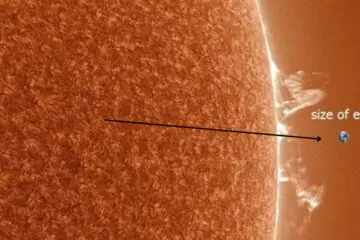In a significant advancement for diabetes treatment, scientists in China have unveiled a potential cure utilizing advanced cell therapy. The breakthrough, detailed in Cell Discovery, centers on the successful treatment of a 59-year-old man suffering from type 2 diabetes.
Successful Case Study: Independence from Insulin Within Eleven Weeks
Previously reliant on daily insulin injections after battling the disease for 25 years, the patient underwent a pioneering cell transplant in July 2021. The procedure involved cultivating synthetic insulin-producing islet cells, mimicking those naturally found in the pancreas, which were then implanted into the patient.
Promising Results and Long-term Benefits
Reported in the South China Morning Post, the treatment yielded remarkable results. Within eleven weeks, the patient achieved independence from external insulin. Subsequently, over the course of the following year, he progressively reduced and eventually discontinued oral blood sugar medications. Follow-up examinations affirmed restored functionality in his pancreatic islet cells, enabling him to remain medication-free for over 33 months.
Future Prospects and Global Impact
While this transformative case study marks a significant stride in diabetes cell therapy, experts emphasize the necessity of extensive trials to validate its safety and efficacy before broader application.
Hope for Millions: Addressing the Global Diabetes Challenge
The findings offer a beacon of hope for the global diabetes community, amidst escalating prevalence rates projected by the International Diabetes Federation. By 2045, it is estimated that diabetes will affect 1 in 8 adults worldwide, underscoring the critical need for effective prevention and management strategies, particularly in low- and middle-income countries.




